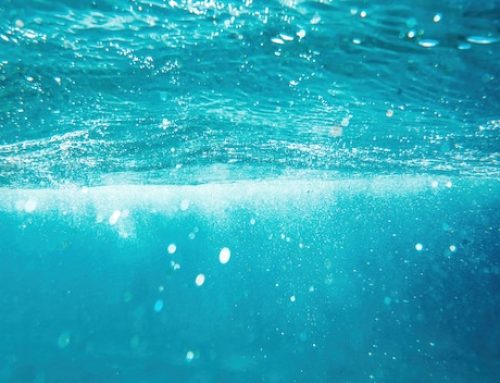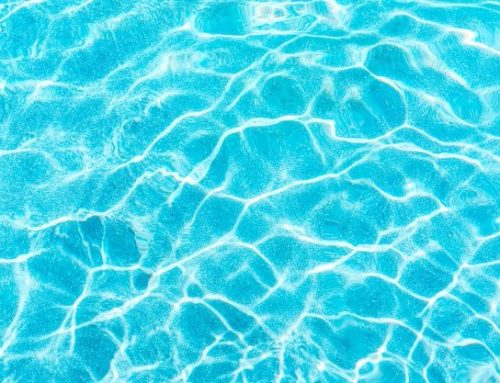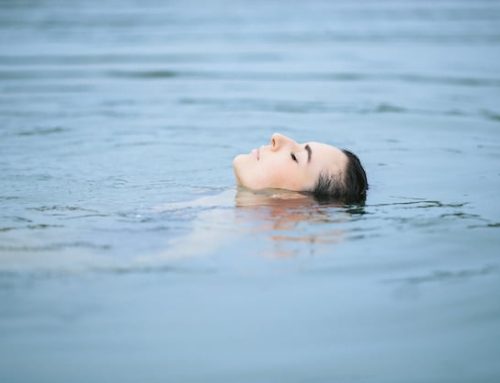Introduction
Chlorine is a widely used disinfectant in swimming pools to keep them clean and free from harmful bacteria. However, there is a common belief that this chemical can accelerate skin aging. Does chlorine age skin? In this blog post, we will explore the effects of chlorine on the skin and how it can affect your complexion.
What happens to your skin when you swim in chlorine-treated pools
Chlorine can have a drying effect on the skin, especially if you spend extended periods in the pool. The chlorine strips away natural oils, which can cause skin to become dry, flaky, and irritated. This can be especially problematic for people with pre-existing skin conditions such as eczema or psoriasis. According to a study by the National Center for Biotechnology Information (NCBI), prolonged exposure to chlorine can cause damage to the skin’s natural barrier function, leading to increased moisture loss and a range of skin problems.
Does chlorine cause wrinkles?
Many people believe that chlorine can cause premature aging and wrinkles. While this claim is partially true, the effects of chlorine on your skin are not as severe as you might think. According to the American Academy of Dermatology (AAD), long-term exposure to chlorine can cause skin to wrinkle slightly. However, this effect is only noticeable in people who spend a lot of time in the water, such as competitive swimmers.
Can chlorine cause dark spots?
Yes, chlorine exposure can cause dark spots or hyperpigmentation. This is because chlorine bonds with melanin, the pigment that gives skin its color. This reaction can create dark spots on the skin, especially in areas that are exposed to the sun. According to the AAD, people with darker skin tones are more susceptible to this type of hyperpigmentation.
How to protect your skin from chlorine
If you are a regular swimmer, there are several things you can do to protect your skin from the damaging effects of chlorine. Here are some tips:
| Tip | Description |
|---|---|
| Shower before and after swimming | Showering before and after swimming can help to protect your skin from chlorine. By showering before you swim, you will remove any oils or dirt on your skin that could react with the chlorine. After swimming, showering can help to rinse away any residual chlorine on your skin. |
| Apply moisturizer | Applying a moisturizer can help to prevent your skin from becoming dry and flaky. Look for a moisturizer that is specifically designed for swimmers, as these products contain ingredients that can help to protect your skin from chlorine. |
| Wear a swim cap | Wearing a swim cap can help to protect your hair from the damaging effects of chlorine. It can also help to protect your scalp from the drying effects of chlorine. |
Conclusion
So, does chlorine age skin? The answer is yes and no. While chlorine can have a drying effect on the skin and cause some minor wrinkling, its effects are not as severe as some people believe. However, prolonged exposure to chlorine can cause hyperpigmentation or dark spots, especially in people with darker skin tones. By following the tips we’ve outlined in this post, you can help to protect your skin from the damaging effects of chlorine and enjoy your time in the pool.






